Recreational Drug Use and Dry Mouth

| Key Takeaways | |
|---|---|
| Recreational drug use can lead to dry mouth, a condition that significantly impacts oral health by increasing the risk of cavities, bad breath, difficulty swallowing and speaking, and fungal infections. | |
| Managing dry mouth through hydration, saliva substitutes, and good oral hygiene practices can help mitigate these risks, but the best approach is to avoid recreational drug use altogether. | |
| Substance abuse can have far-reaching consequences beyond oral health, emphasising the importance of seeking professional help for addiction recovery. |
Recreational drug use is a widespread situation, encompassing the non-medical consumption of psychoactive substances with the intent of altering one's mental state for recreational purposes (usually for fun). While the effects of these drugs vary depending on the substance and the individual, a common side effect experienced by many users is dry mouth, medically known as xerostomia.
This condition, characterised by a reduction or complete absence of saliva production, can have significant consequences for oral health. In this article, we will explore the connection between recreational drug use and dry mouth, as well as its impact on oral health.

How Recreational Drugs Cause Dry Mouth
Saliva is an essential component of oral health, serving multiple functions such as neutralising acids produced by bacteria, rinsing away food particles, and remineralising tooth enamel. When saliva production is compromised, as is the case with dry mouth, these protective functions are undermined, leaving individuals susceptible to various dental problems. Different classes of recreational drugs affect saliva production in distinct ways:
- Stimulants (e.g., cocaine, methamphetamine): These substances induce dry mouth by reducing saliva production and causing dehydration. Additionally, stimulants often elevate heart rate and body temperature, exacerbating fluid loss and contributing to dry mouth.
- Depressants (e.g., marijuana, heroin): While the mechanisms of action differ from stimulants, depressants also lead to dry mouth by inhibiting the body's natural salivary reflex. Moreover, certain depressants may induce nausea and vomiting, further exacerbating dehydration and dry mouth.
- Other drugs (e.g., MDMA, also known as ecstasy or molly): MDMA is notorious for causing dry mouth, likely due to its stimulant-like effects on the central nervous system. Excessive sweating and fluid loss associated with MDMA use can compound dehydration and exacerbate dry mouth.

In addition to the direct effects of the drugs themselves, various factors associated with recreational drug use can contribute to dry mouth. These include inadequate fluid intake leading to dehydration and smoking, which further irritates the mouth and diminishes saliva production.
Consequences of Dry Mouth for Oral Health
The ramifications of chronic dry mouth on oral health are substantial. In the absence of saliva's protective effects, individuals are at an increased risk of experiencing:
Difficulty Swallowing and Speaking:| Effects of Dry Mouth on Oral Health | |
|---|---|
| Cavities: | |
| Saliva plays a crucial role in neutralizing acids produced by bacteria and rinsing away food particles. With reduced saliva production, these acids can more easily erode tooth enamel, paving the way for cavities and tooth decay. | |
| Difficulty Swallowing and Speaking: | |
| Saliva lubricates the mouth and throat, facilitating swallowing and speech. Dry mouth can render these activities uncomfortable and even painful. | |
| Bad Breath (Halitosis): | |
| Saliva helps to cleanse the mouth by washing away food particles and bacteria responsible for bad breath. In the absence of adequate saliva, these particles accumulate, giving rise to unpleasant odours. | |
| Fungal Infections (Thrush): | |
| The dry environment created by diminished saliva production fosters the growth of fungal infections such as oral thrush. This condition manifests as white patches and soreness in the mouth. | |

The cumulative effect of these oral health issues can significantly impact an individual's quality of life and overall well-being.
Managing Dry Mouth
While the ideal approach to preventing dry mouth is to abstain from recreational drug use, several strategies can help manage the condition:- Staying Hydrated: Maintaining adequate hydration by consuming plenty of water can help stimulate saliva production and alleviate dry mouth symptoms.
- Sugar-free Chewing Gum or Lozenges: Chewing sugar-free gum or sucking on sugar-free lozenges can stimulate saliva flow and provide temporary relief from dry mouth.
- Dry Mouth Sprays: Over-the-counter artificial saliva sprays or gels can help lubricate the mouth and replace some of the functions of natural saliva.
- Good Oral Hygiene Practices: Regular brushing, flossing, and professional dental cleanings are essential for removing plaque and bacteria that can accumulate in a dry mouth environment.
- Seeking Professional Dental Advice: If dry mouth persists or becomes severe, it's crucial to consult with a dentist or healthcare professional. They can recommend additional treatments or address any underlying dental issues contributing to dry mouth.
By implementing these strategies, individuals can effectively manage dry mouth and mitigate its adverse effects on oral health.
The high occurrence of dry mouth in recreational drug users highlights how drugs harm oral health. Drugs reduce saliva, leading to more cavities, bad breath, trouble speaking and swallowing, and fungal infections. While drinking water, using saliva substitutes, and good oral hygiene can help, avoiding drugs is best. Substance abuse affects physical, mental, and social health. Those struggling with drug addiction should seek help from professionals or support groups for recovery. Keeping healthy is crucial for good oral health and a better life.
Disclaimer
This article serves as informational content and should not be considered a substitute for professional medical advice, diagnosis, or treatment. If you have concerns about dry mouth or any other oral health issue, please consult with a qualified healthcare professional or dentist. Additionally, if you or someone you know is struggling with substance abuse, seek help from a licensed addiction treatment provider or support organisation.

Sense Hero
Sense Hero mouth Spray UK: Quick Fix for Dryness, Vapers Tongue and Palate Cleansing
View full details

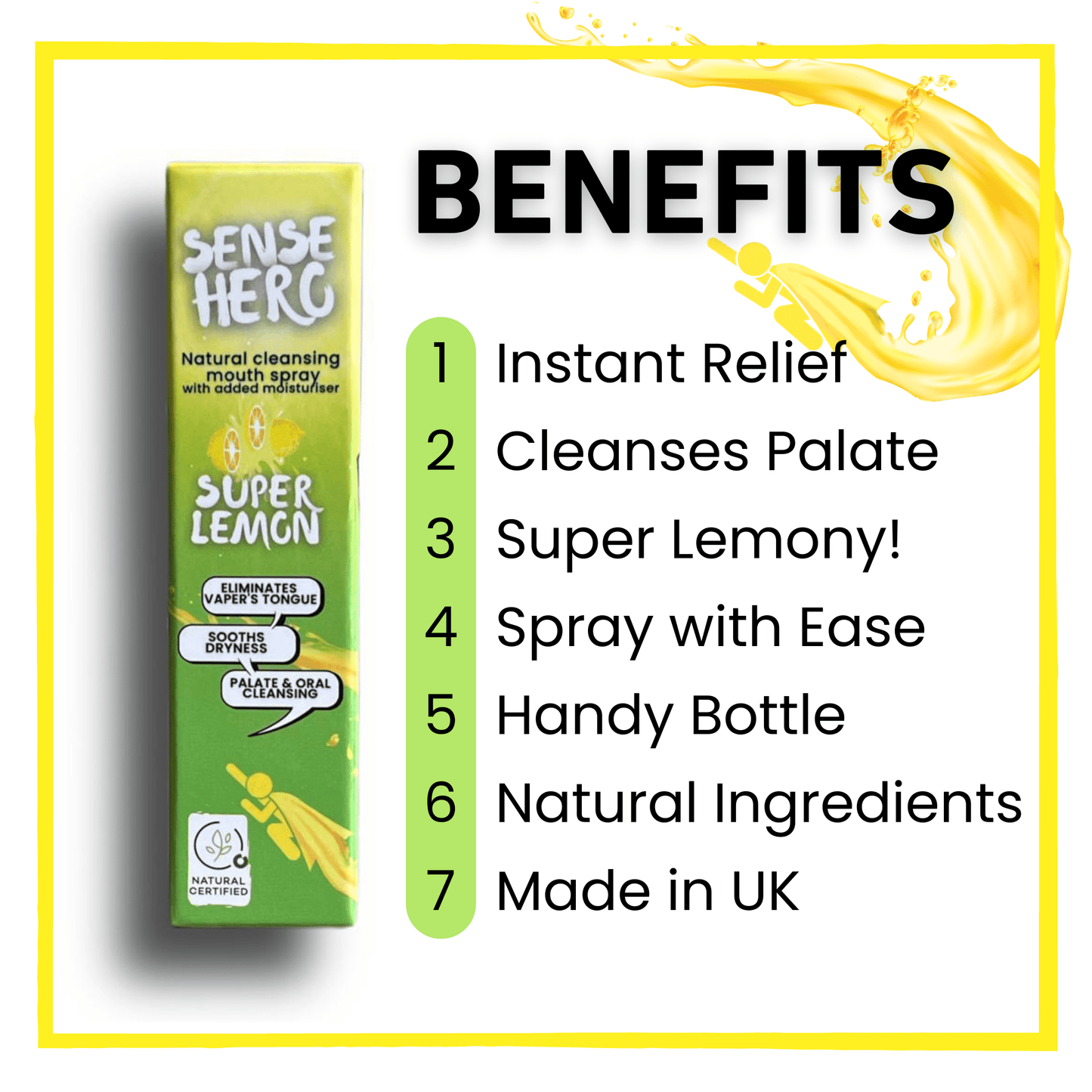
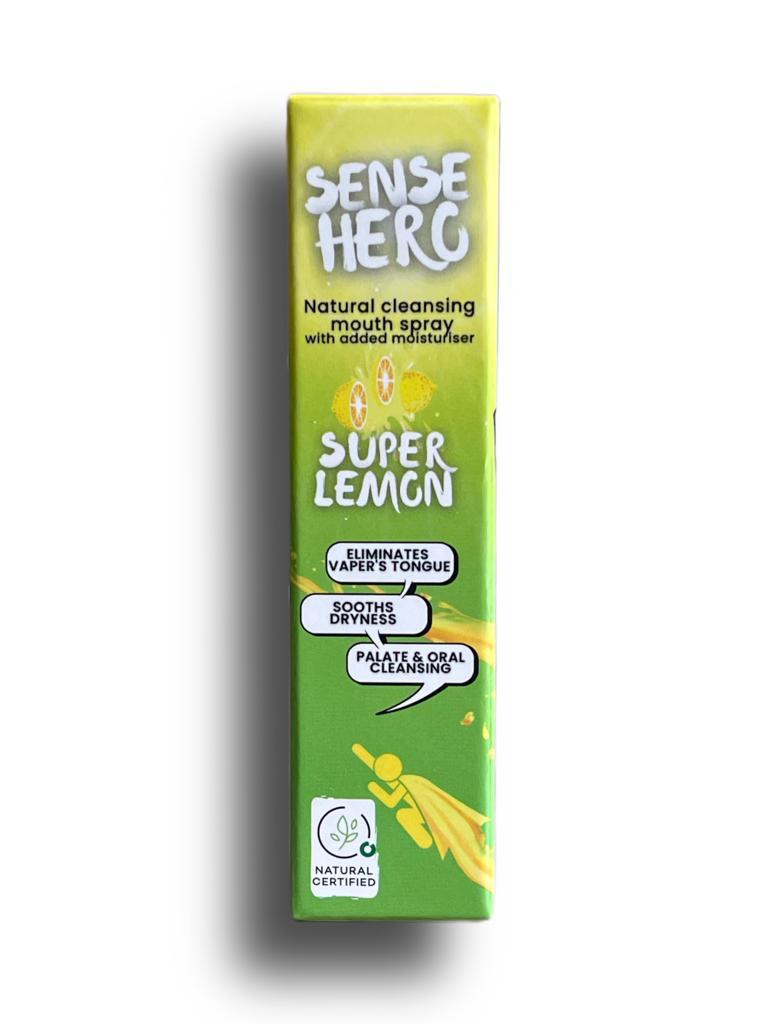
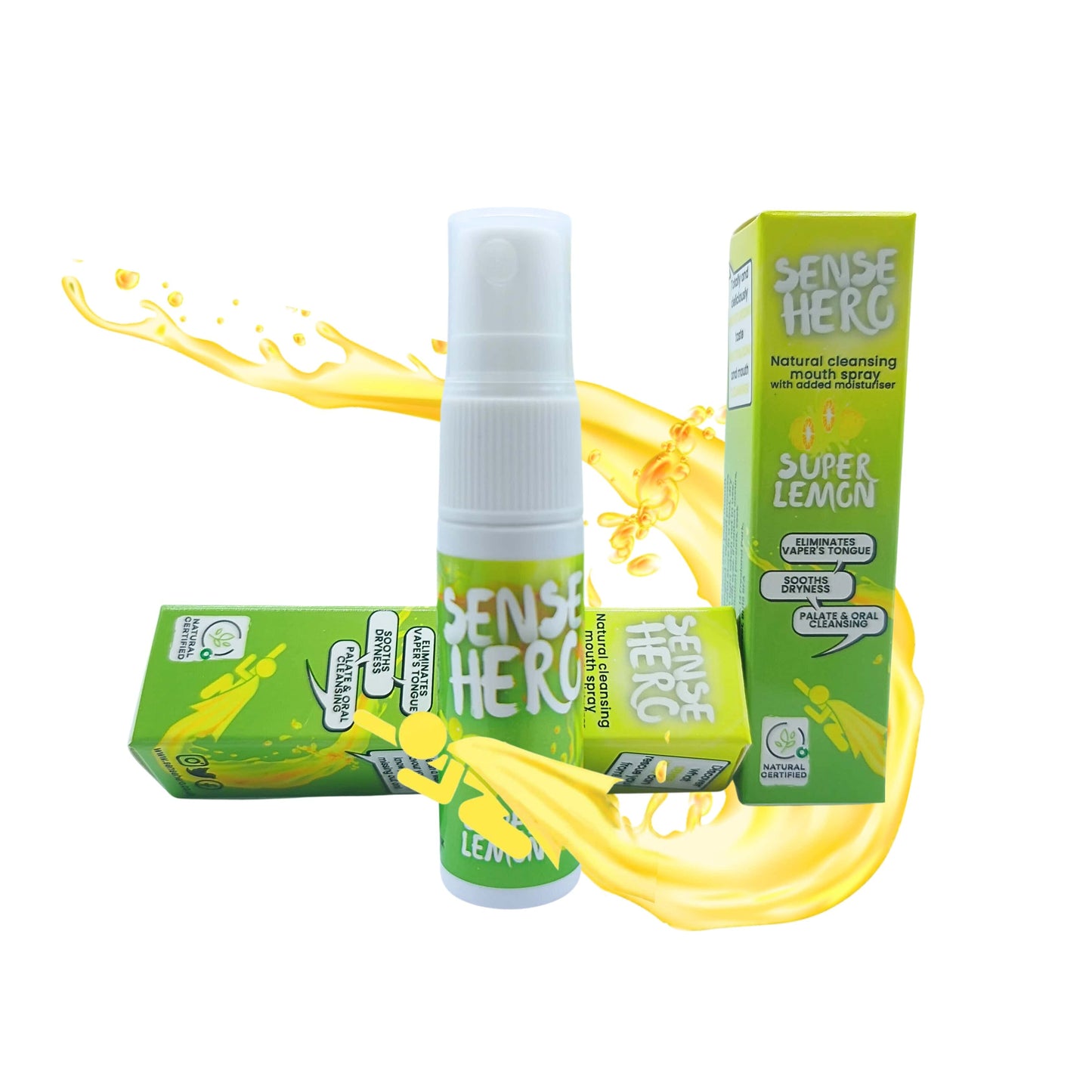
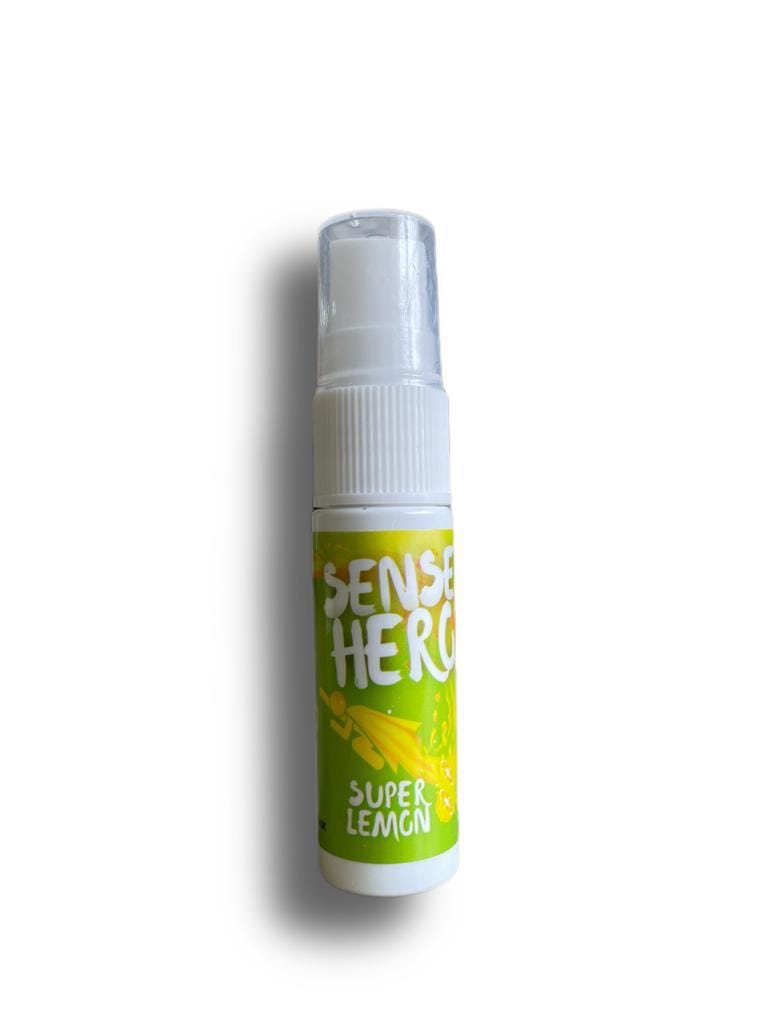
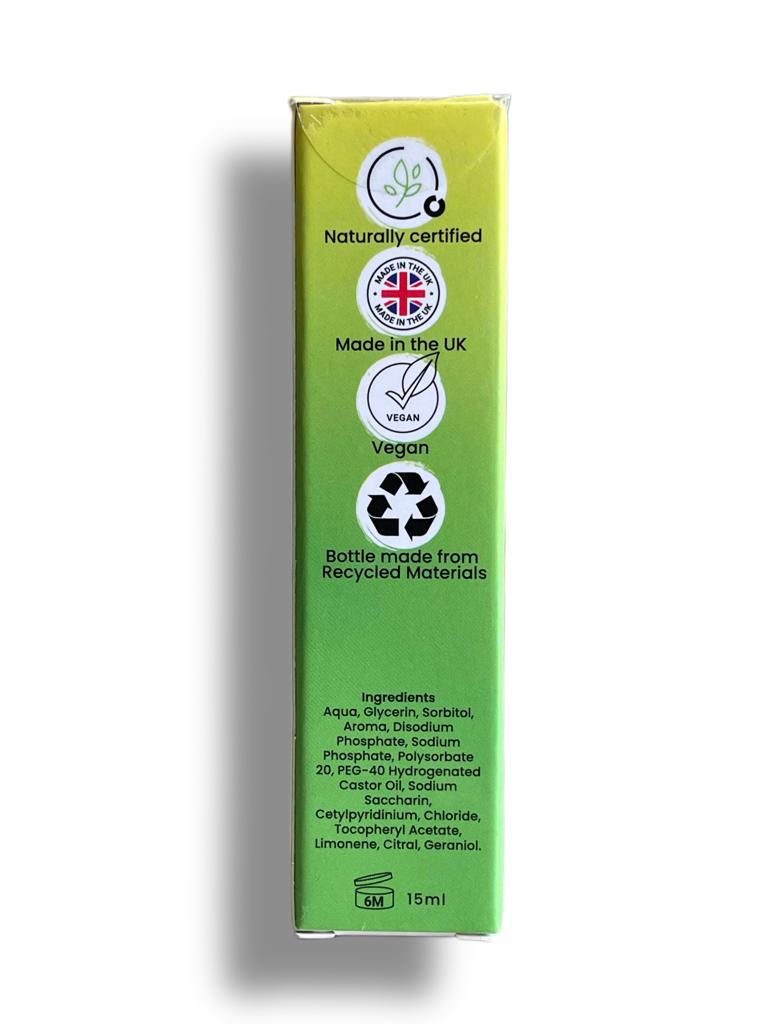

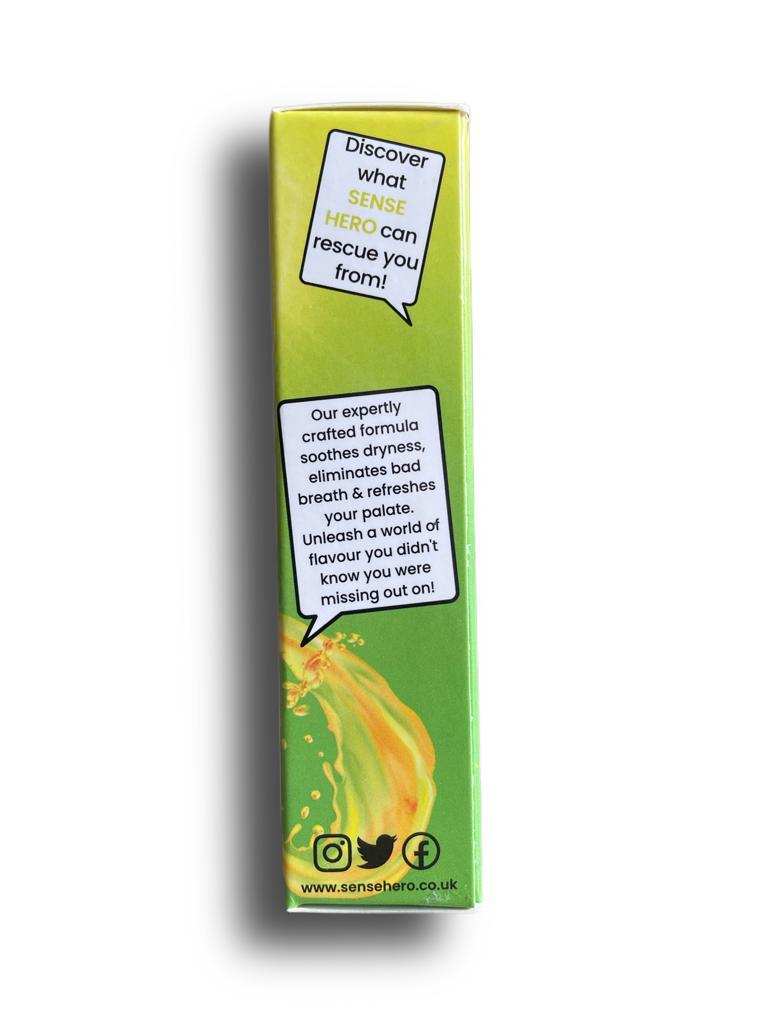
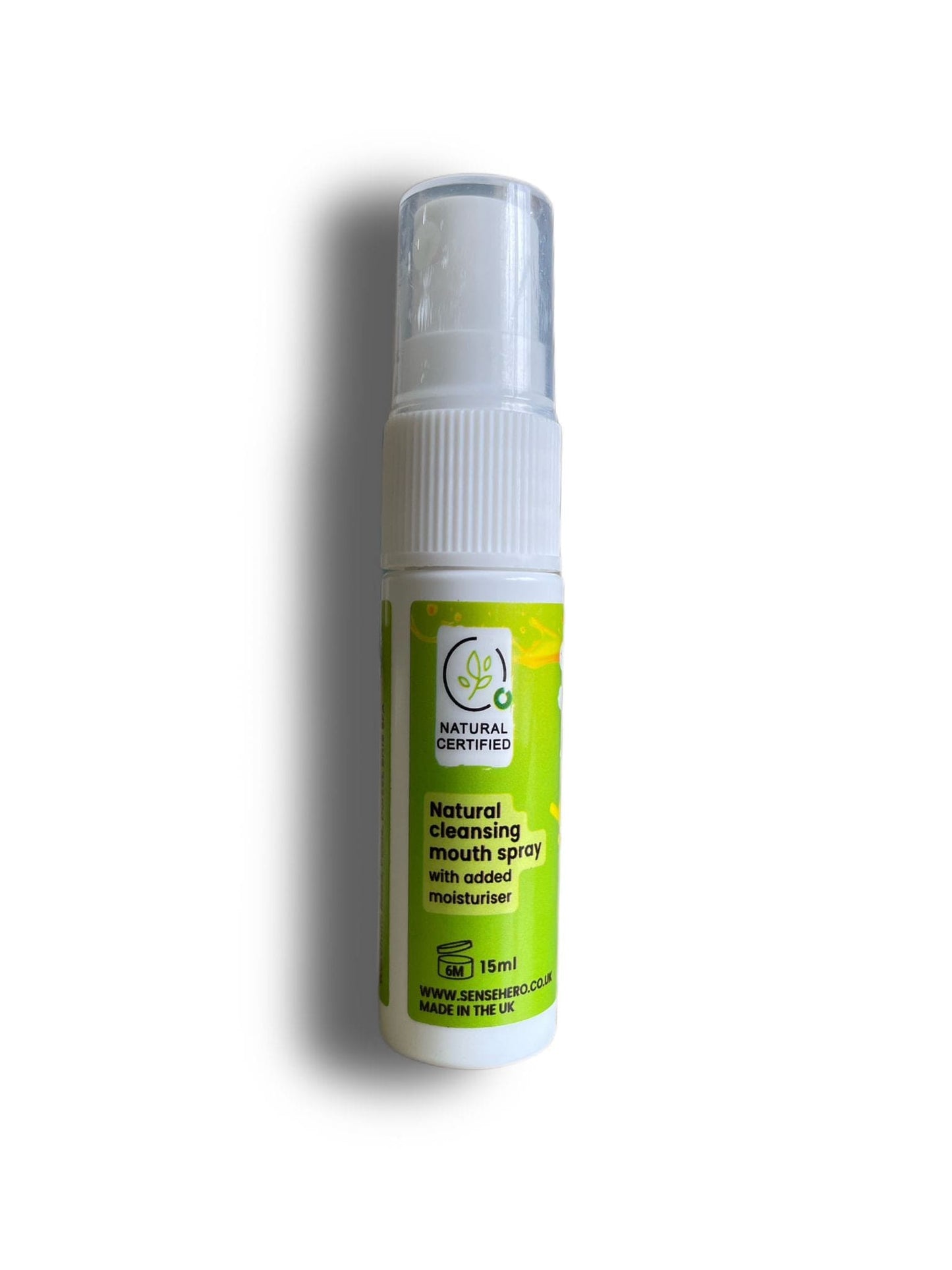

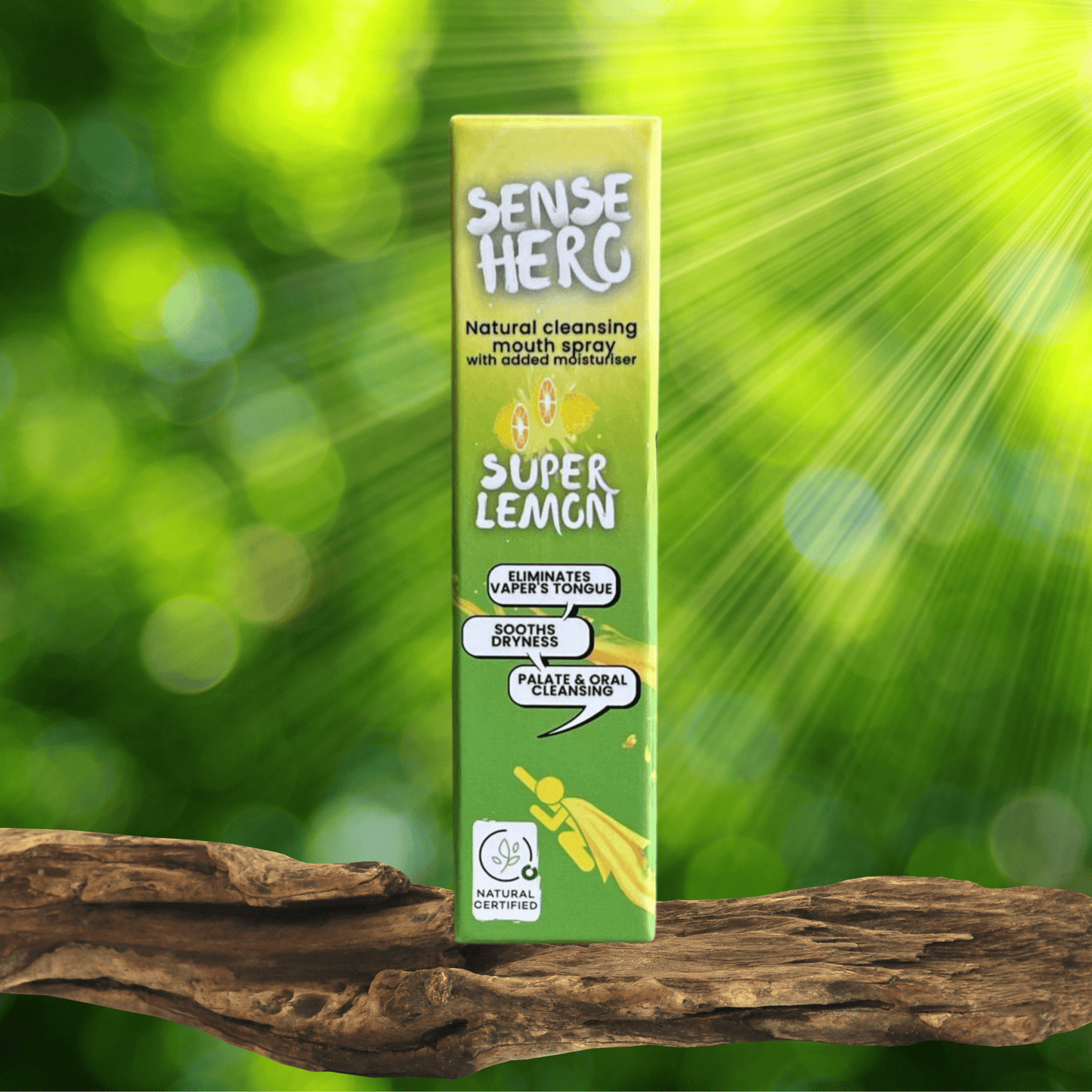
Sense Hero spray is not a medicinal product and is not intended to diagnose, treat, cure, or prevent any disease. Sense Hero Spray is designed for personal comfort.

